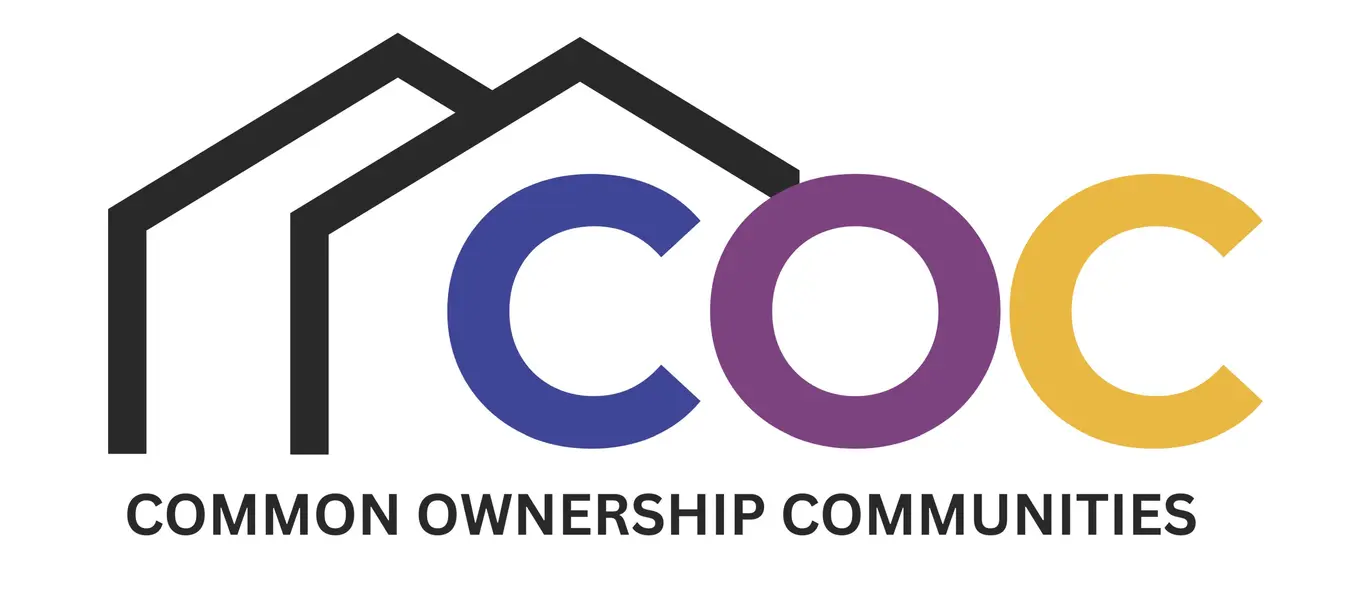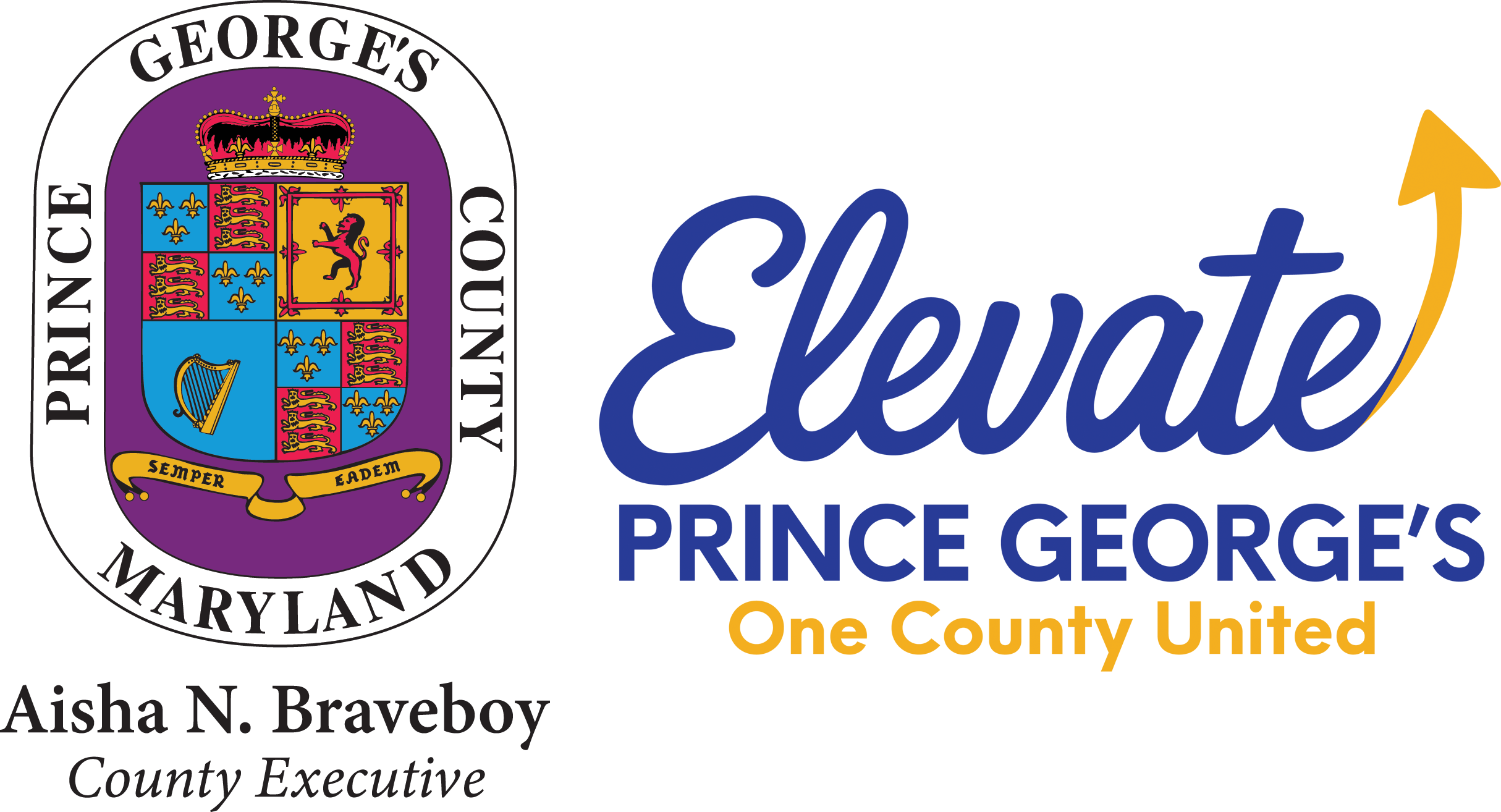
Common Ownership Communities

Mission
Our mission is to establish a program to assist in addressing the needs of common ownership communities by providing education, training, resources, and alternative dispute services.
Vision
To foster positive and productive relationships by developing partnerships with association members, boards of directors, management companies and the County government.
Core Values
- Engage communities in activities that will promote awareness of community operations.
- Educate internal and external stakeholders about living in common ownership communities.
- Elevate communities by providing information and resources that impact community living.
